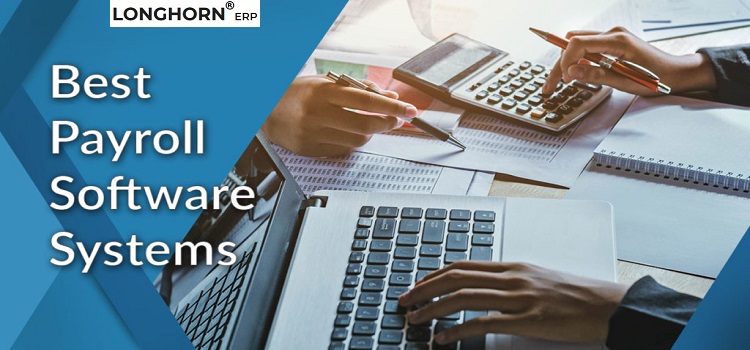In the dynamic landscape of business operations, efficiency is key, and one area where businesses can significantly enhance efficiency is payroll management. Traditional manual payroll processes can be time-consuming, error-prone, and resource-intensive. This is where payroll software steps in, revolutionizing the way organizations handle their payroll responsibilities. Let’s explore the numerous benefits that come with adopting payroll software.
The Benefits of Using Payroll Software
Time Savings: Payroll software automates time-consuming tasks such as calculating wages, tax deductions, and generating payslips. This eliminates the need for manual calculations, reducing the time spent on payroll processing and allowing HR professionals to focus on more strategic aspects of their role.
Accuracy and Compliance: Manual payroll processes are susceptible to human errors, which can lead to costly mistakes and compliance issues. Payroll software automates calculations, reducing the risk of errors and ensuring that payroll is processed accurately. It also helps businesses stay compliant with ever-changing tax regulations and labor laws.
Cost-Effective: Investing in payroll software may seem like an initial expense, but in the long run, it proves to be cost-effective. By automating tasks and reducing the likelihood of errors, businesses save money on potential fines, penalties, and the costs associated with correcting payroll mistakes.
Employee Self-Service: Modern payroll software often includes employee self-service portals, allowing employees to access their payroll information, view payslips, and manage personal details. This not only improves transparency but also empowers employees, reducing the HR department’s workload related to routine inquiries.
Streamlined Reporting: Payroll software provides comprehensive reporting features that offer insights into various payroll metrics. This data can be crucial for decision-making, budgeting, and forecasting. Automated reports also simplify the auditing process, making it easier for businesses to maintain accurate financial records.
Efficient Tax Management: Payroll software automates tax calculations and deductions, ensuring that businesses stay up-to-date with tax regulations. This helps prevent miscalculations and minimizes the risk of tax-related issues, contributing to a smoother tax filing process.
Scalability: As businesses grow, manual payroll processes become increasingly challenging to manage. Payroll software is scalable, adapting to the changing needs and size of the organization. This scalability ensures that the payroll system remains efficient and effective even as the business expands.
Security: Payroll data is sensitive and requires robust security measures. Payroll software often comes with advanced security features, including encryption and secure cloud storage, protecting sensitive information from unauthorized access and ensuring compliance with data protection regulations.
Conclusion:
Payroll software is a valuable asset for businesses looking to streamline their payroll processes. It not only saves time and reduces errors but also enhances compliance, empowers employees, and provides valuable insights for strategic decision-making. As businesses continue to prioritize efficiency and accuracy, adopting payroll software becomes an essential step in modernizing HR operations.


One thought on “Streamlining Payroll Processes: The Benefits of Using Payroll Software”
Comments are closed.